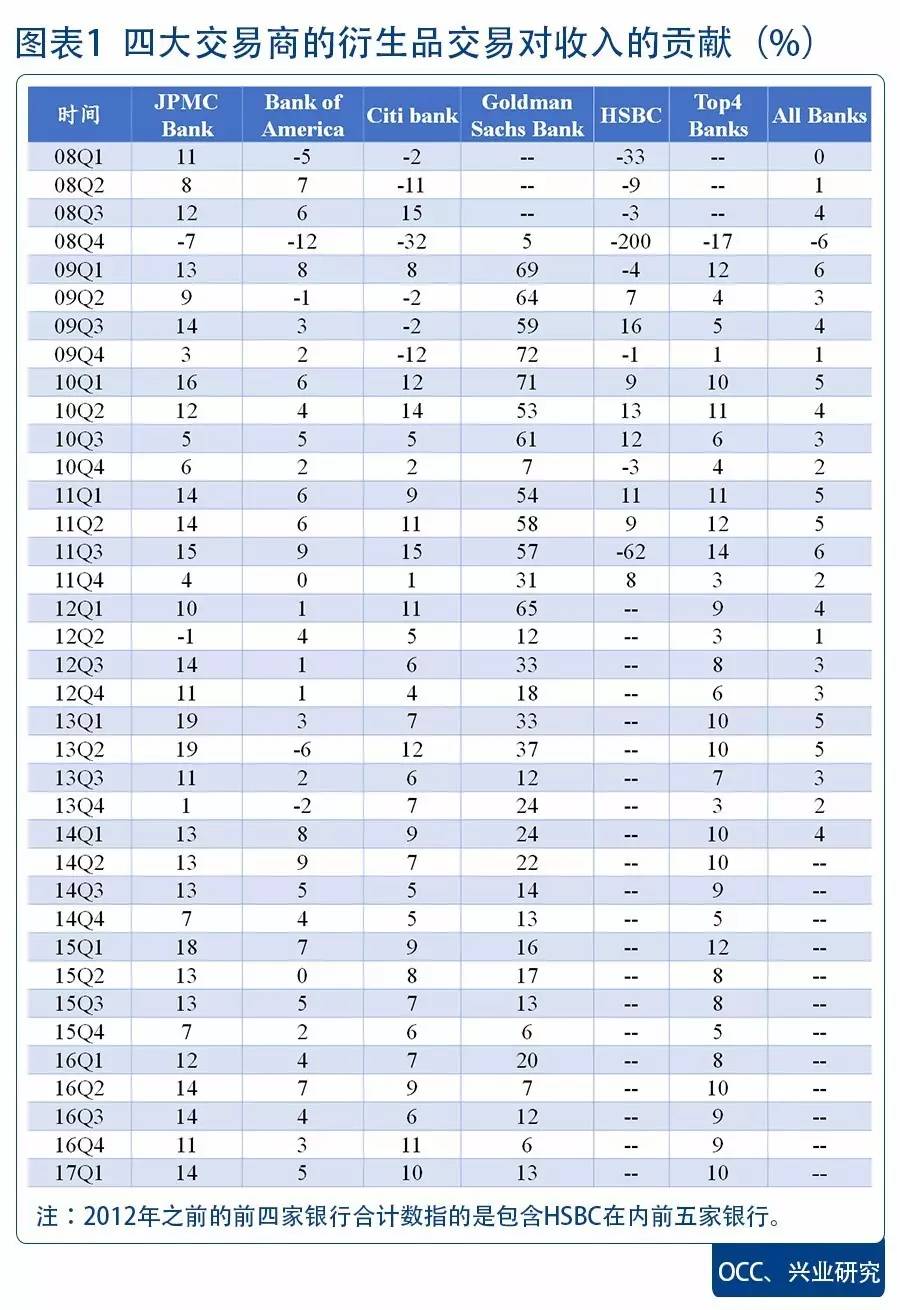Understanding IRS Interest Rates for Loans: A Comprehensive Guide to Navigating Your Borrowing Costs
Guide or Summary:What Are IRS Interest Rates for Loans?Types of Loans Affected by IRS Interest RatesHow IRS Interest Rates Are DeterminedThe Impact of IRS I……
Guide or Summary:
- What Are IRS Interest Rates for Loans?
- Types of Loans Affected by IRS Interest Rates
- How IRS Interest Rates Are Determined
- The Impact of IRS Interest Rates on Borrowing Costs
- Strategies for Managing Loans with IRS Interest Rates
**IRS Interest Rates for Loans** (IRS贷款利率)
When it comes to borrowing money, understanding the costs associated with loans is crucial. One of the key factors that influence these costs is the interest rate set by the IRS. In this guide, we will delve into the intricacies of **IRS interest rates for loans**, exploring how they are determined, their impact on your financial decisions, and tips for managing your loans effectively.
What Are IRS Interest Rates for Loans?
**IRS interest rates for loans** refer to the rates established by the Internal Revenue Service (IRS) for various types of loans, including those related to tax obligations. These rates can significantly affect the total amount you owe over time. The IRS sets these rates quarterly, and they are based on the federal short-term rate plus a certain percentage, which varies depending on the type of loan.
Types of Loans Affected by IRS Interest Rates
There are several types of loans that can be influenced by **IRS interest rates for loans**. These include:

- **Business Loans**: If you are a business owner, understanding how IRS rates affect your loans can help you make informed decisions about financing your operations.
- **Personal Loans**: Many individuals may take out personal loans for various reasons, and knowing the IRS interest rate can help you assess the overall cost of borrowing.
- **Student Loans**: For students financing their education, being aware of IRS rates can assist in budgeting for repayments after graduation.
How IRS Interest Rates Are Determined
The determination of **IRS interest rates for loans** is based on the federal short-term rate, which is influenced by economic conditions and monetary policy set by the Federal Reserve. The IRS publishes these rates quarterly, and they can vary based on the type of loan and its duration. Understanding how these rates are calculated can empower borrowers to make better financial choices.
The Impact of IRS Interest Rates on Borrowing Costs
The interest rate on a loan has a direct impact on your overall borrowing costs. A lower IRS interest rate means you will pay less in interest over the life of the loan, while a higher rate can significantly increase your total repayment amount. Therefore, keeping an eye on the current **IRS interest rates for loans** can help you time your borrowing strategically, potentially saving you a substantial amount of money.
Strategies for Managing Loans with IRS Interest Rates
To effectively manage loans affected by **IRS interest rates for loans**, consider the following strategies:
1. **Stay Informed**: Regularly check the IRS website for updates on interest rates to ensure you are aware of any changes that could affect your loans.
2. **Refinance When Possible**: If interest rates drop, consider refinancing your loans to take advantage of lower rates, which can reduce your monthly payments and overall interest costs.

3. **Create a Budget**: Establish a budget that accounts for your loan payments, ensuring you can meet your obligations without straining your finances.
Understanding **IRS interest rates for loans** is essential for anyone looking to borrow money, whether for personal, business, or educational purposes. By staying informed about how these rates are determined and their impact on your borrowing costs, you can make smarter financial decisions. Implementing effective loan management strategies will not only help you navigate the complexities of borrowing but also position you for long-term financial success.